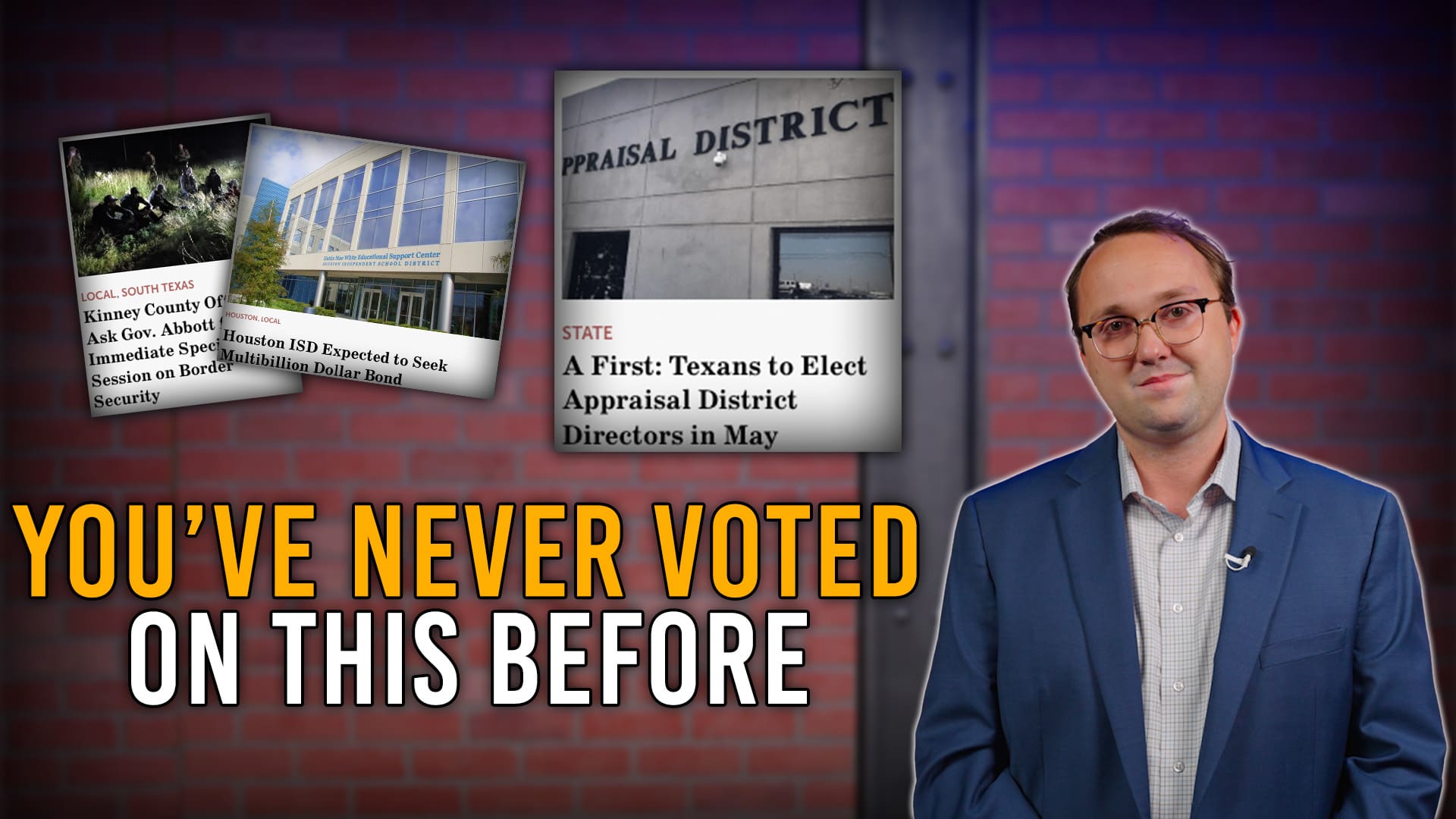Adding to the list of continuous blows to Houston Mayor Annise Parker’s controversial Equal Rights Ordinance, the Supreme Court of Texas issued another opinion today rejecting Parker’s choice of ballot language, claiming it conflicts with the city’s own laws.
Parker obstinately went against the advice of some council members, the lawyers of the opposing pastors, and the city’s charter by wording the ballot language in such a counterintuitive way as to confuse Houston voters.
Under her twisted language, a “No” vote would have been a vote in support of her controversial ordinance, while a “Yes” would signify opposition.
Houston’s charter specifically states that in order for a new ordinance to be adopted, it must be submitted to a popular vote, with a majority of voters voting in favor of the ordinance. Parker’s deceptive wording was a blatant attempt at conning votes from the majority of citizens who automatically select “No” on ballot items.
The ballot language submitted by Parker read as follows:
“Shall the City of Houston repeal the Houston Equal Rights Ordinance, Ord. No. 2014-530, which prohibits discrimination in city employment and city services, city contracts, public accommodations, private employment, and housing based on an individual’s sex, race, color, ethnicity, national origin, age, familial status, marital status, military status, religion, disability, sexual orientation, genetic information, gender identity, or pregnancy?”
The Texas Supreme Court opinion stated, “Because the Charter clearly defines the City Council’s obligation to submit the ordinance—rather than its repeal—to the voters and gives the City Council no discretion not to, we hold that this is a ministerial duty,” said the court.
The charter says the ballot referendum should be a vote on the original ordinance, not its repeal.
Parker’s effort to defy the city’s own laws was essentially rebuked. The Court’s opinion went on to say, “The City Council must comply with its own laws regarding the handling of a referendum petition and any resulting election.”
Although the dictatorial design of Houston’s strong mayoral structure left the council with little input in the wording, they are still legally responsible for supporting policies that violate the charter.
Councilmembers Michael Kubosh, C.O. Bradford, and Dave Martin all made vocal stances against Parker’s wording when presented to the council. Martin even asked if he could get advice from outside counsel, but Parker rejected that idea, stating that the only counsel allowed to advise city officials was the City Attorney – the same attorney who interestingly gave faulty advice to Parker in this case.
Again, the crux of the problem is that Parker’s wording would require residents to vote on the repeal of the ordinance while the city’s charter requires a vote on the ordinance itself.
In response to today’s opinion Parker said, “With all due respect to the Texas Supreme Court, it is clear that politics is driving the law in this case. We will rewrite the ballot language, but I strongly disagree with the decision and find it to be contrary to the court’s established law regarding previous ballot initiatives.”




